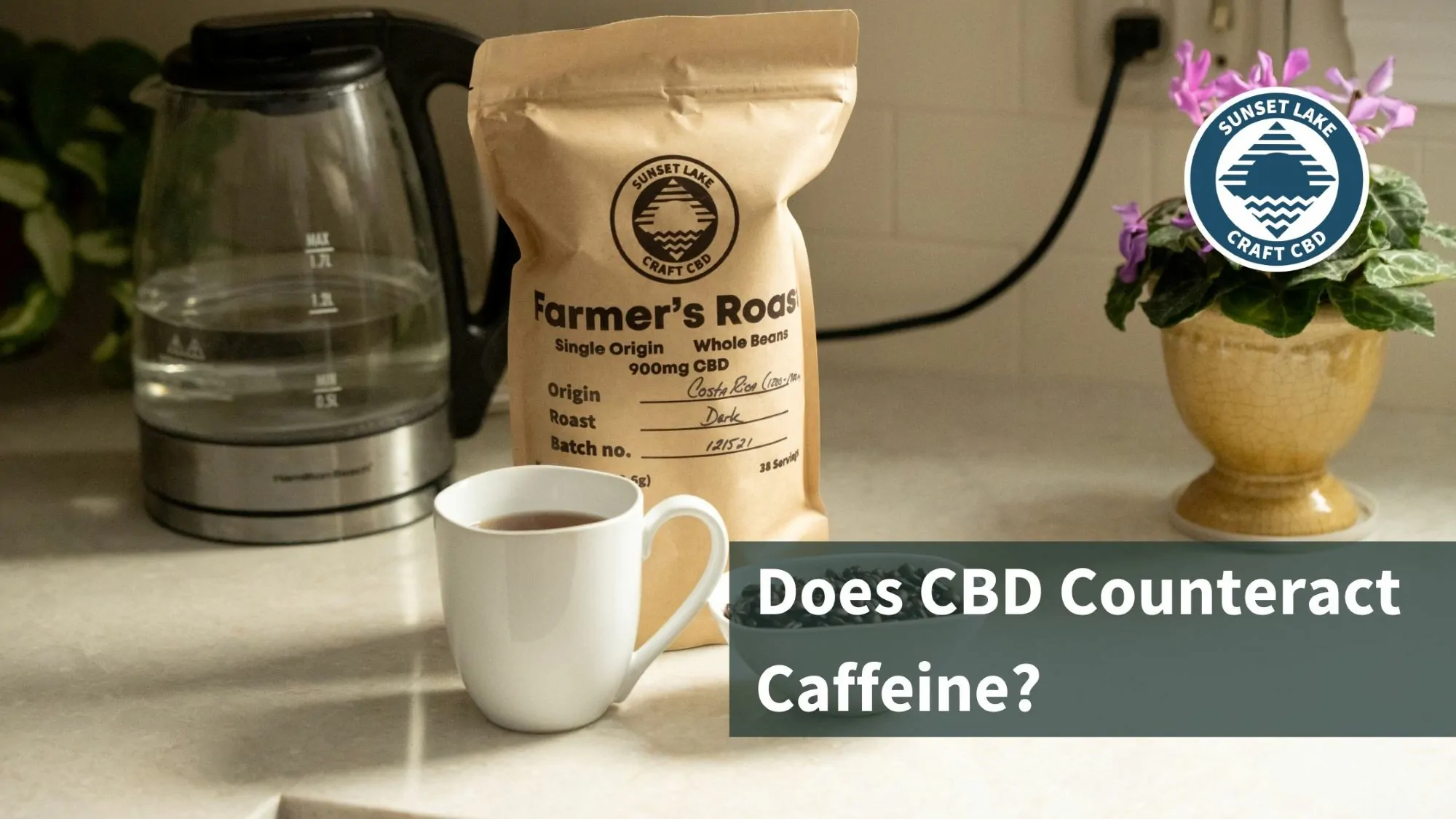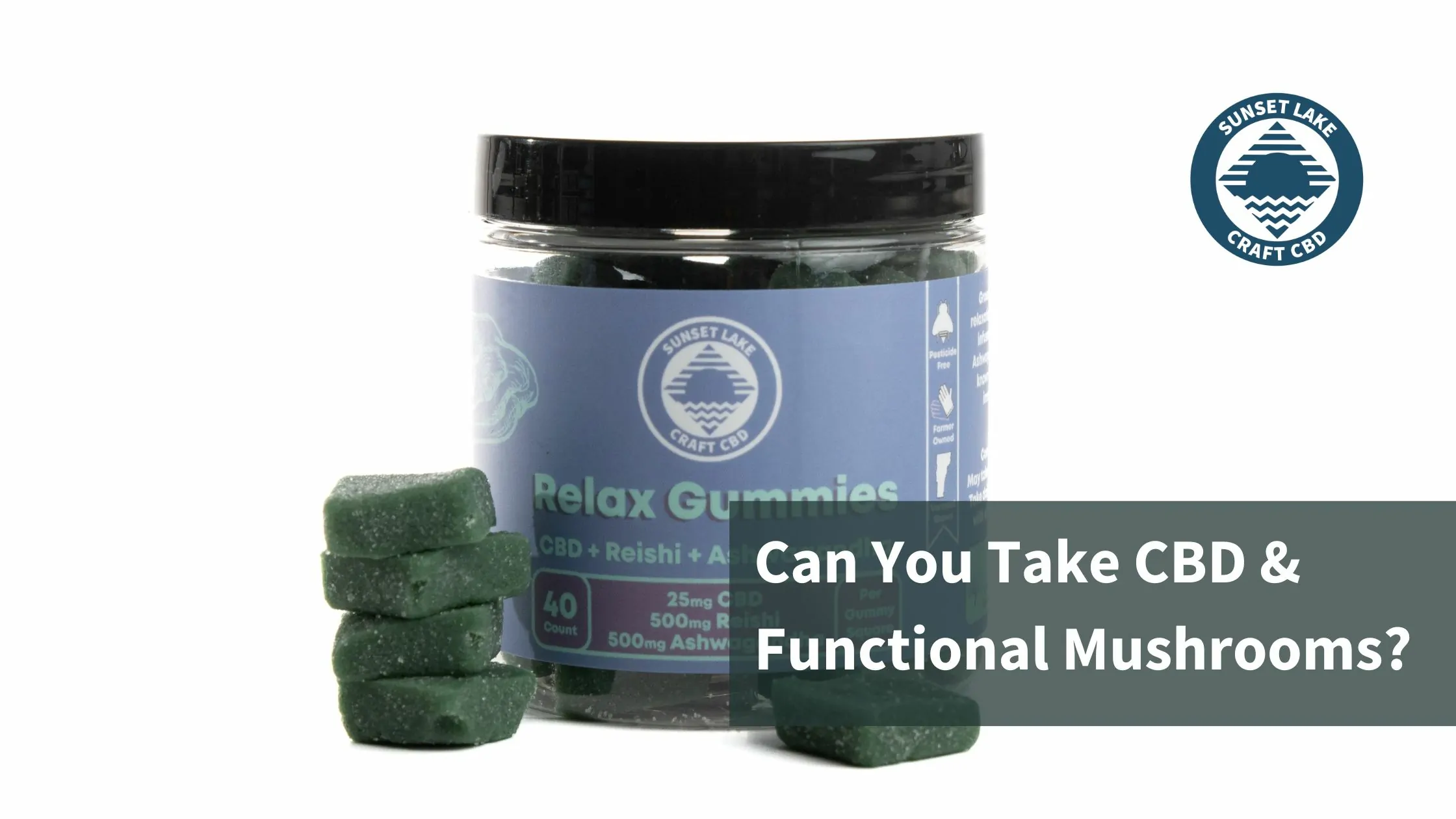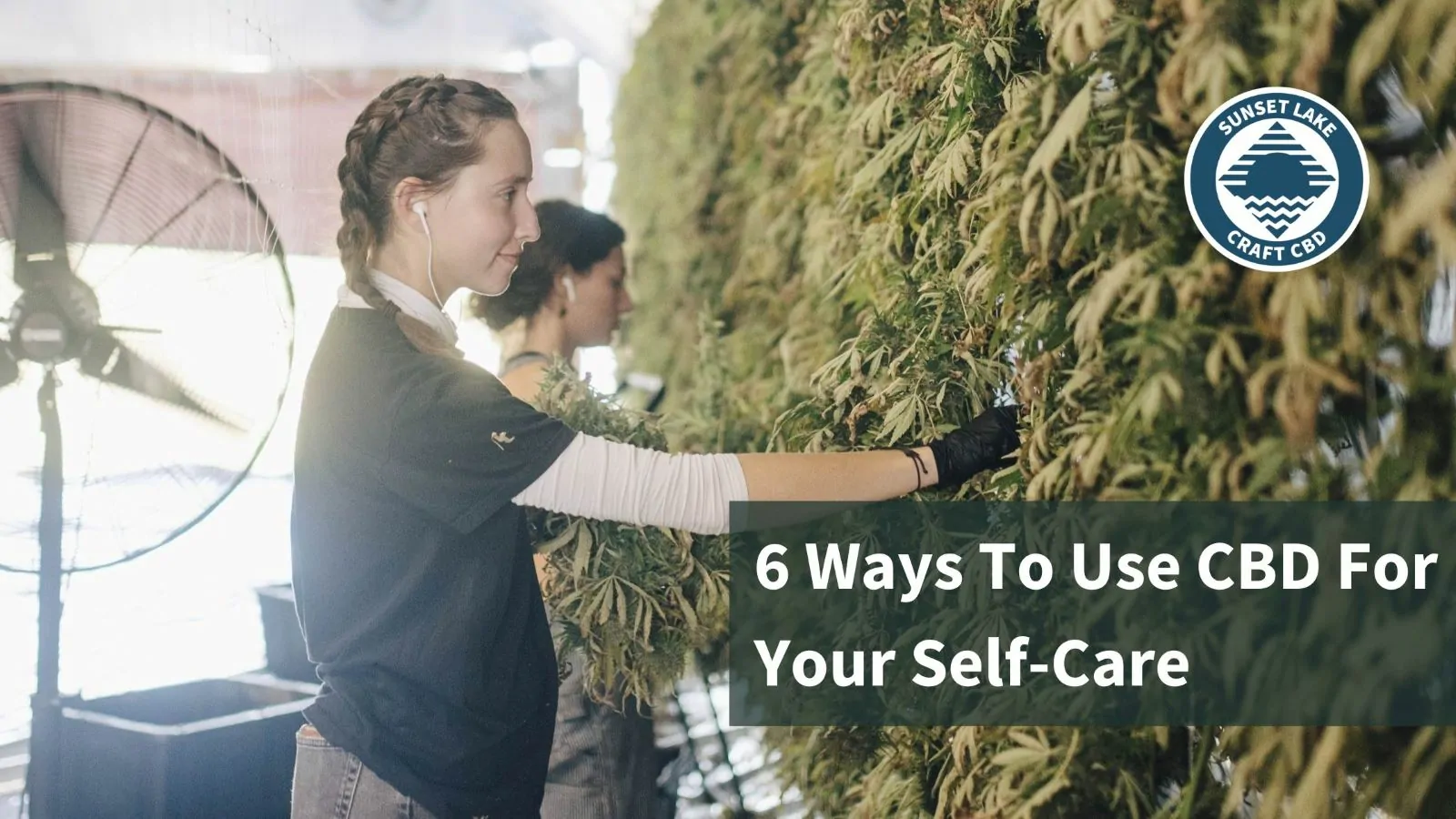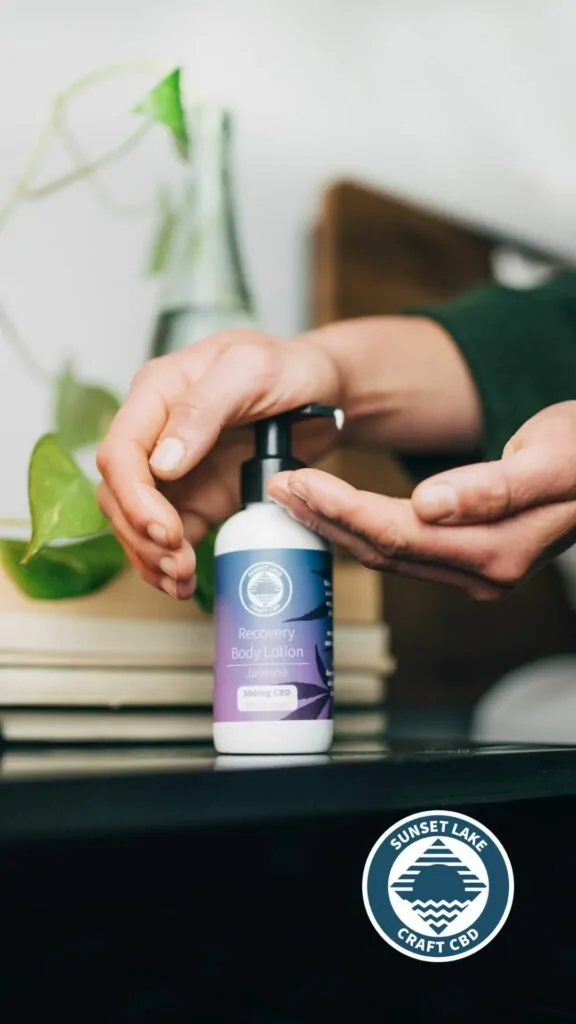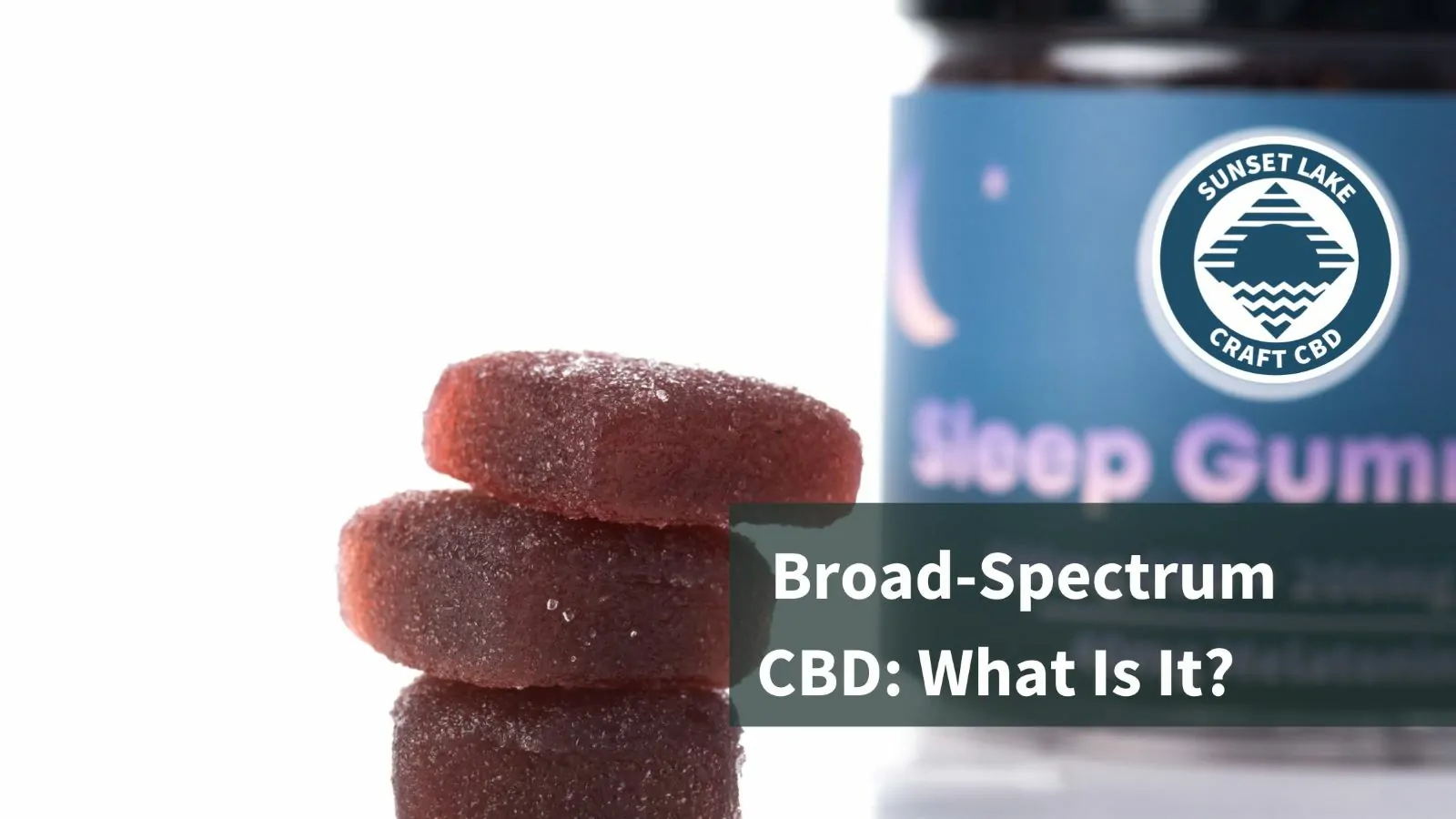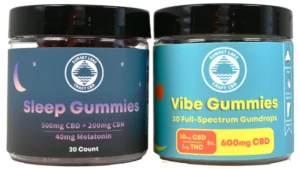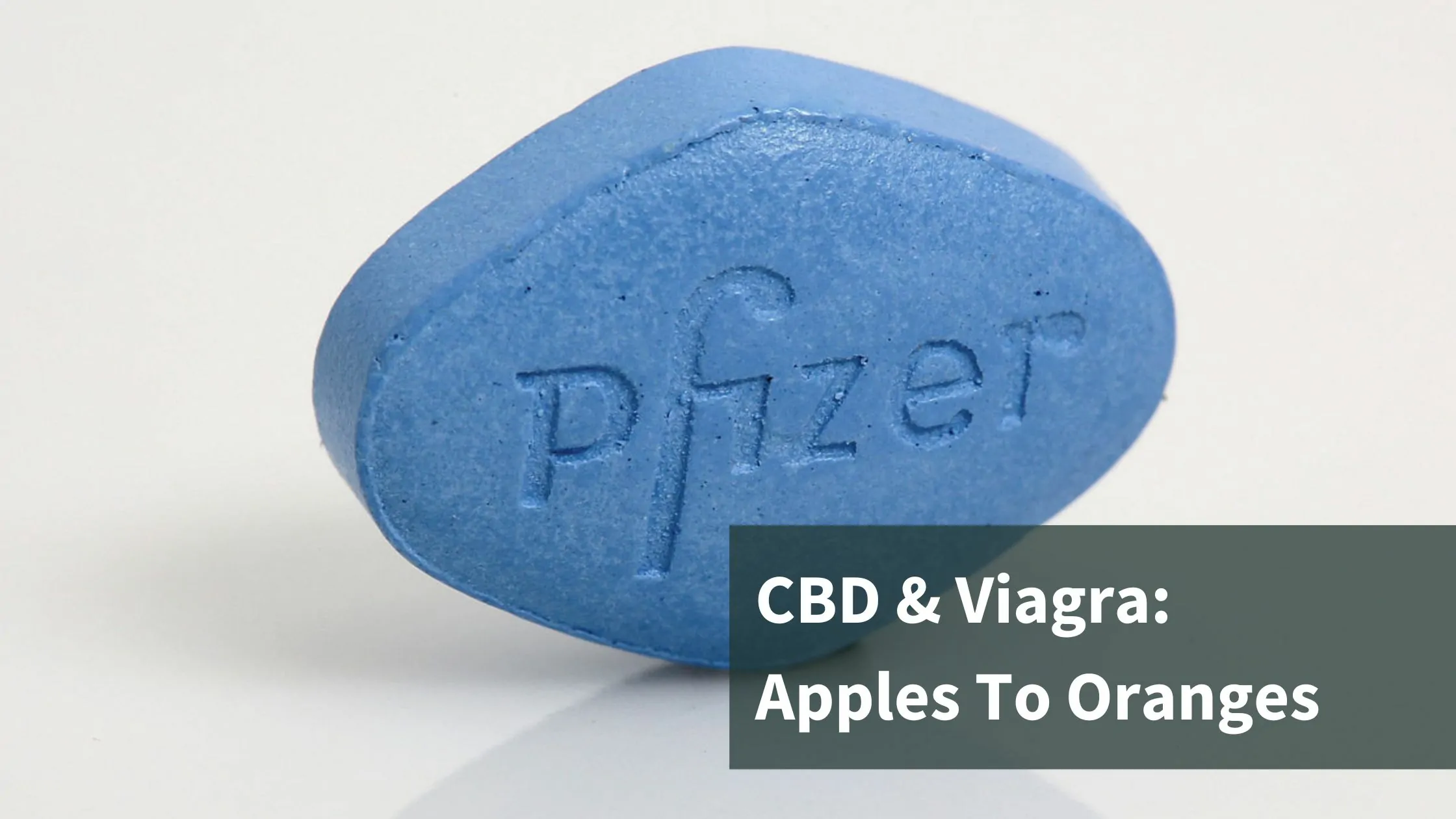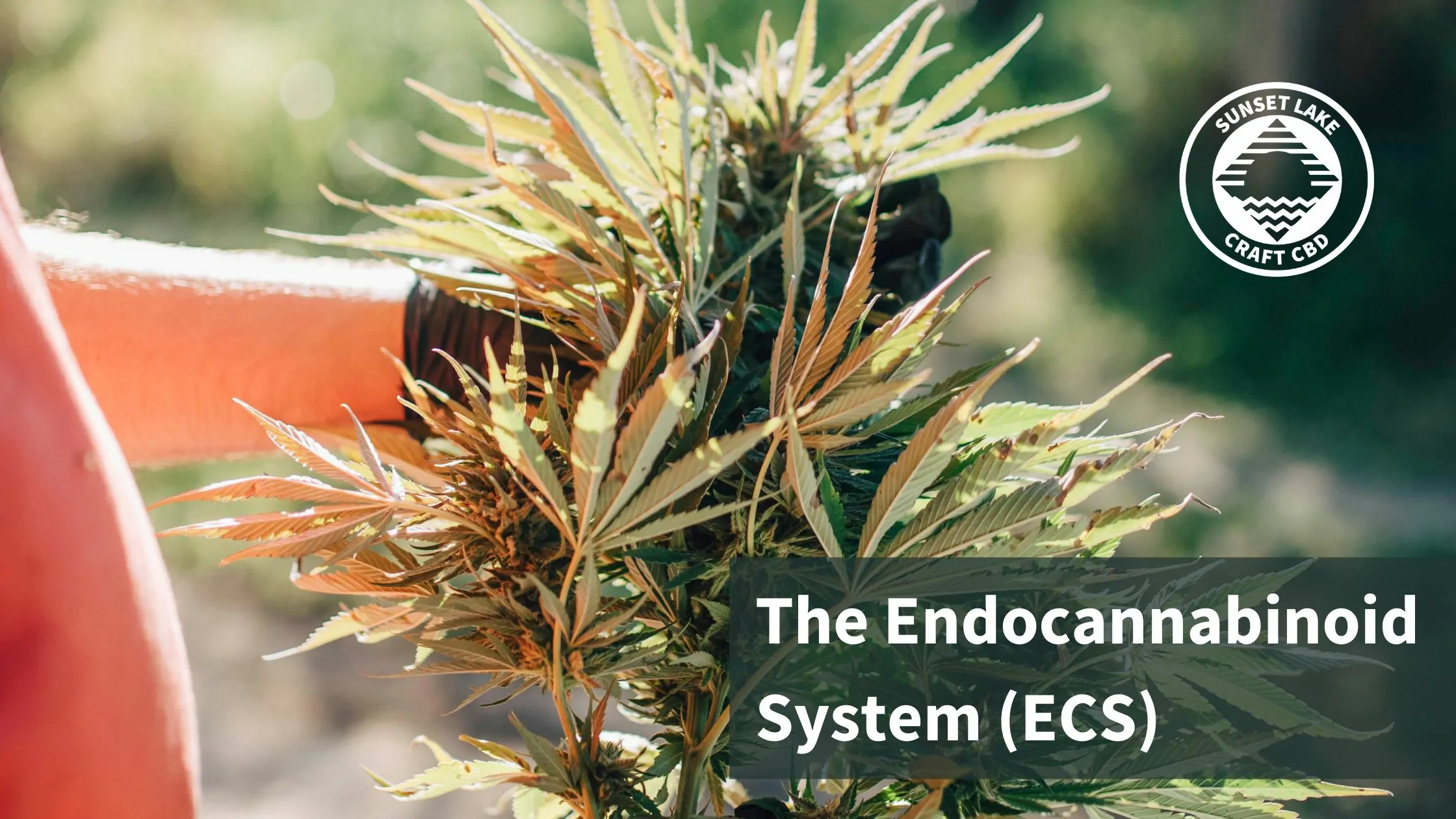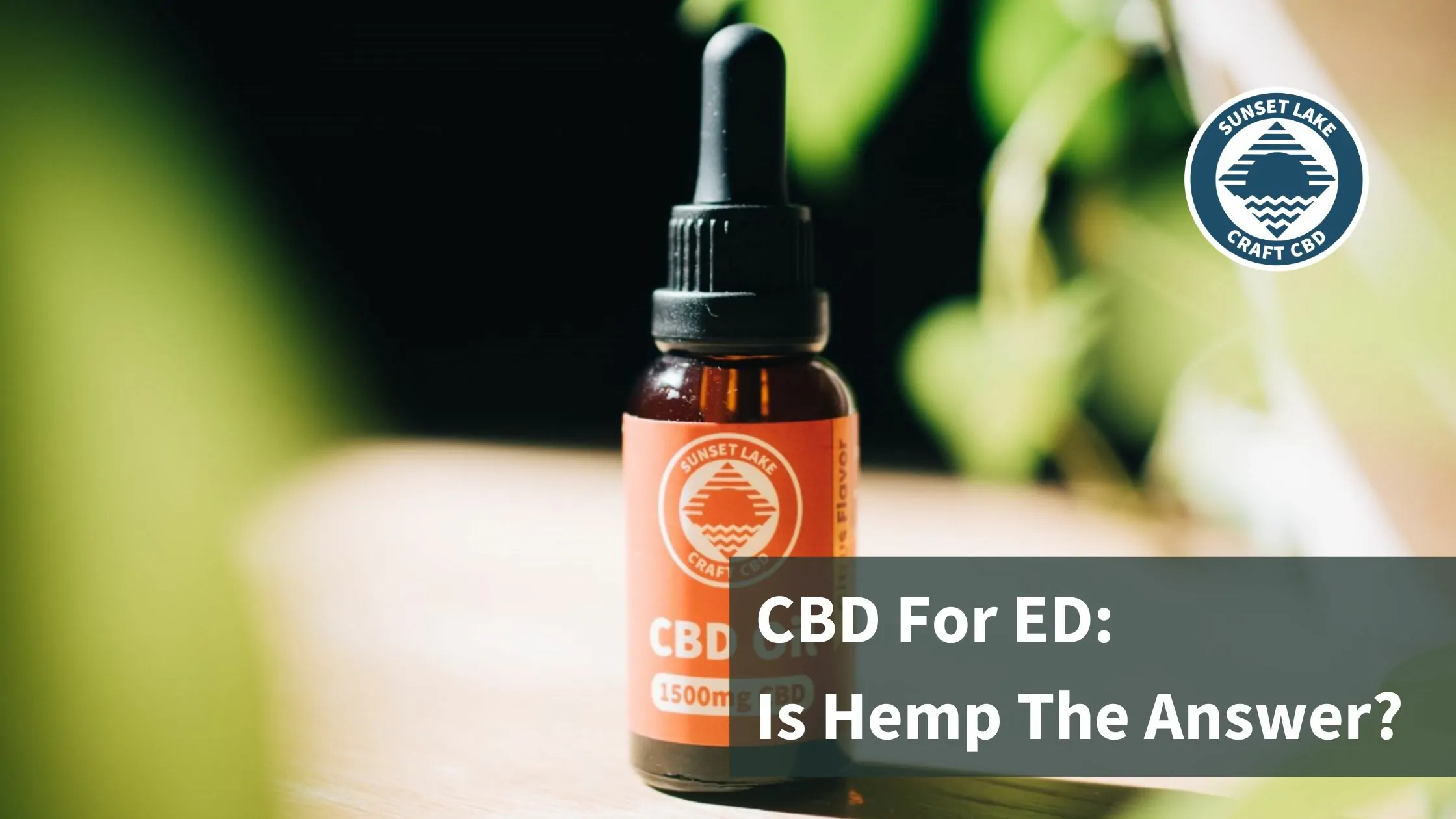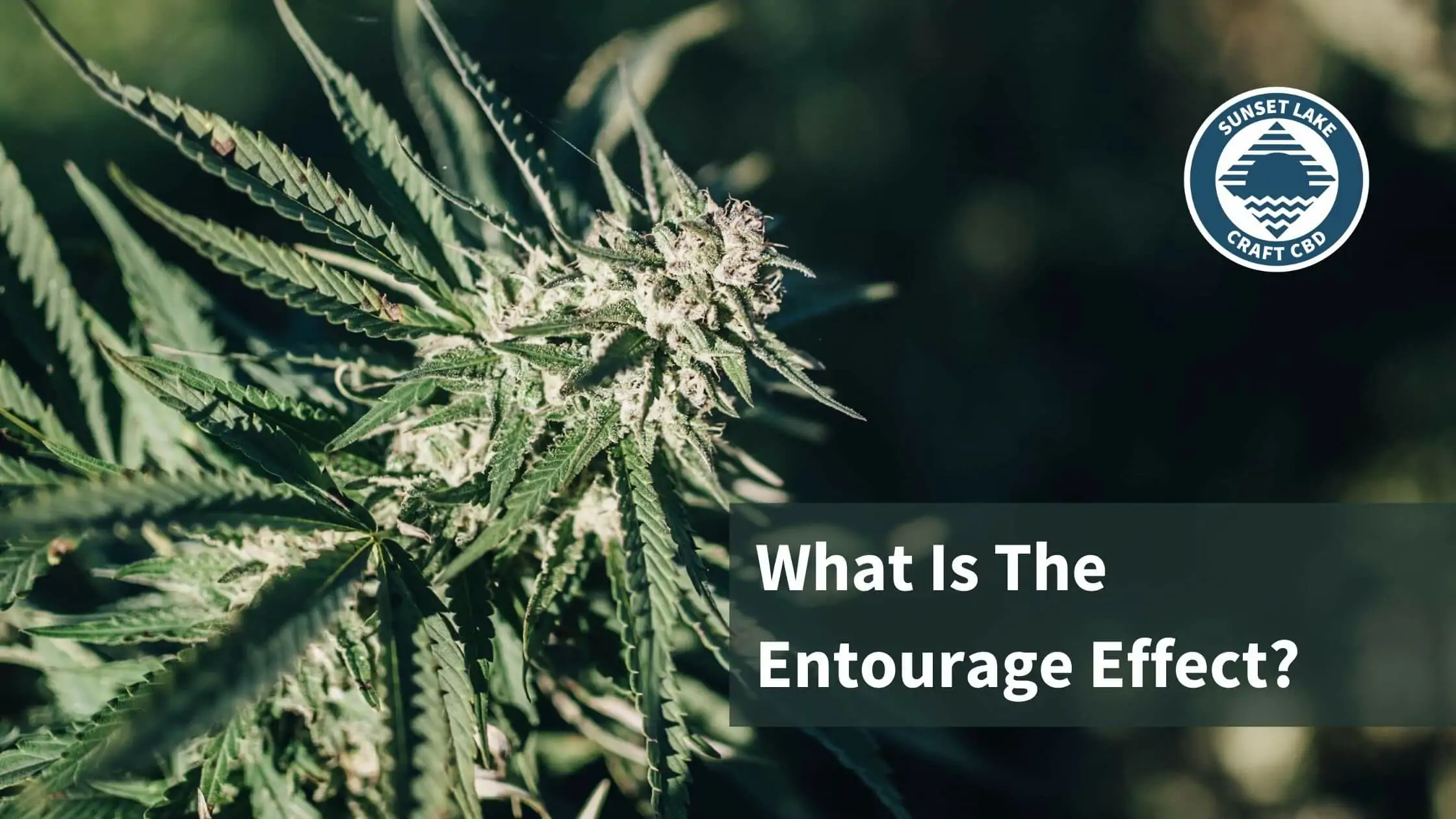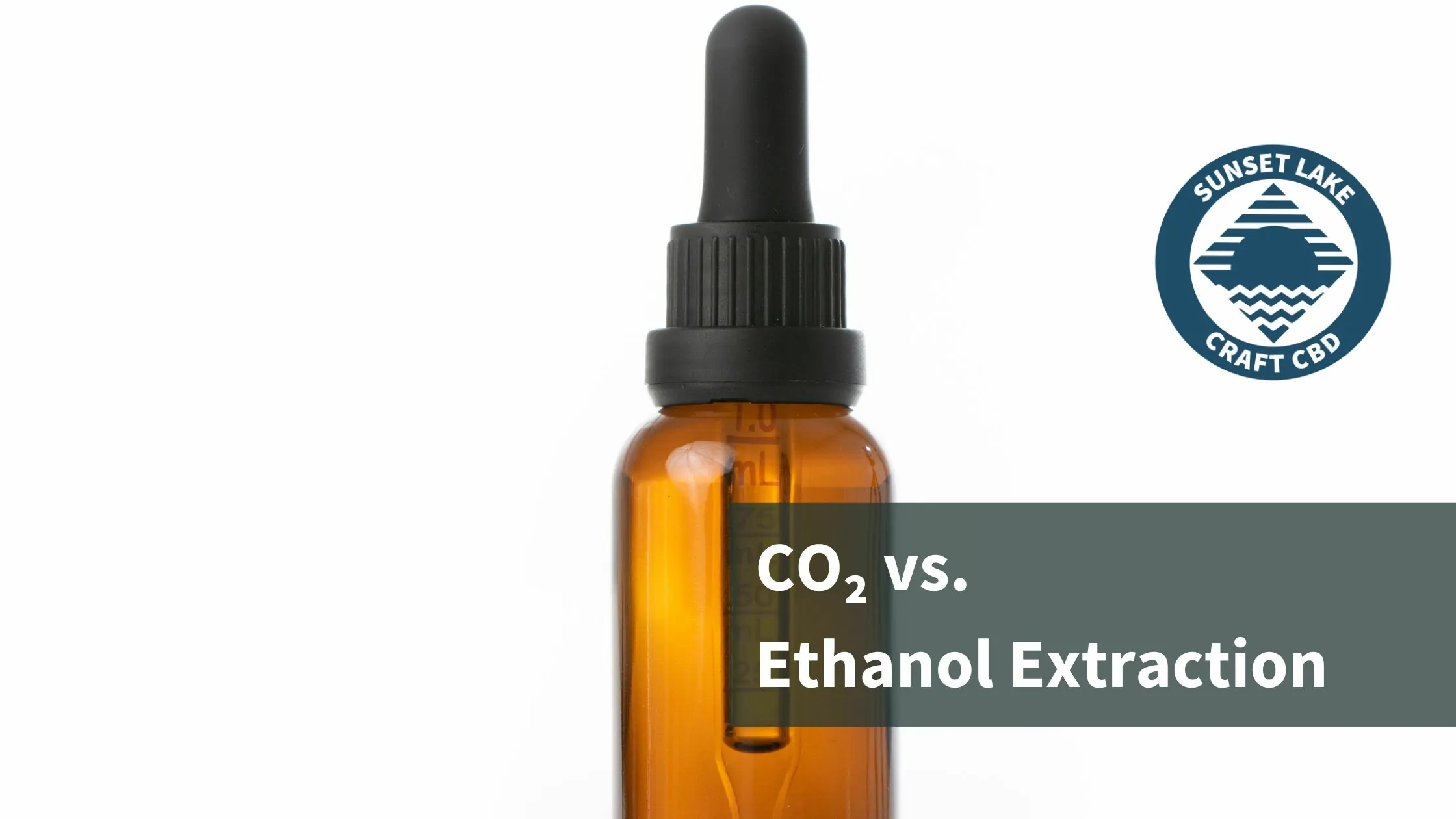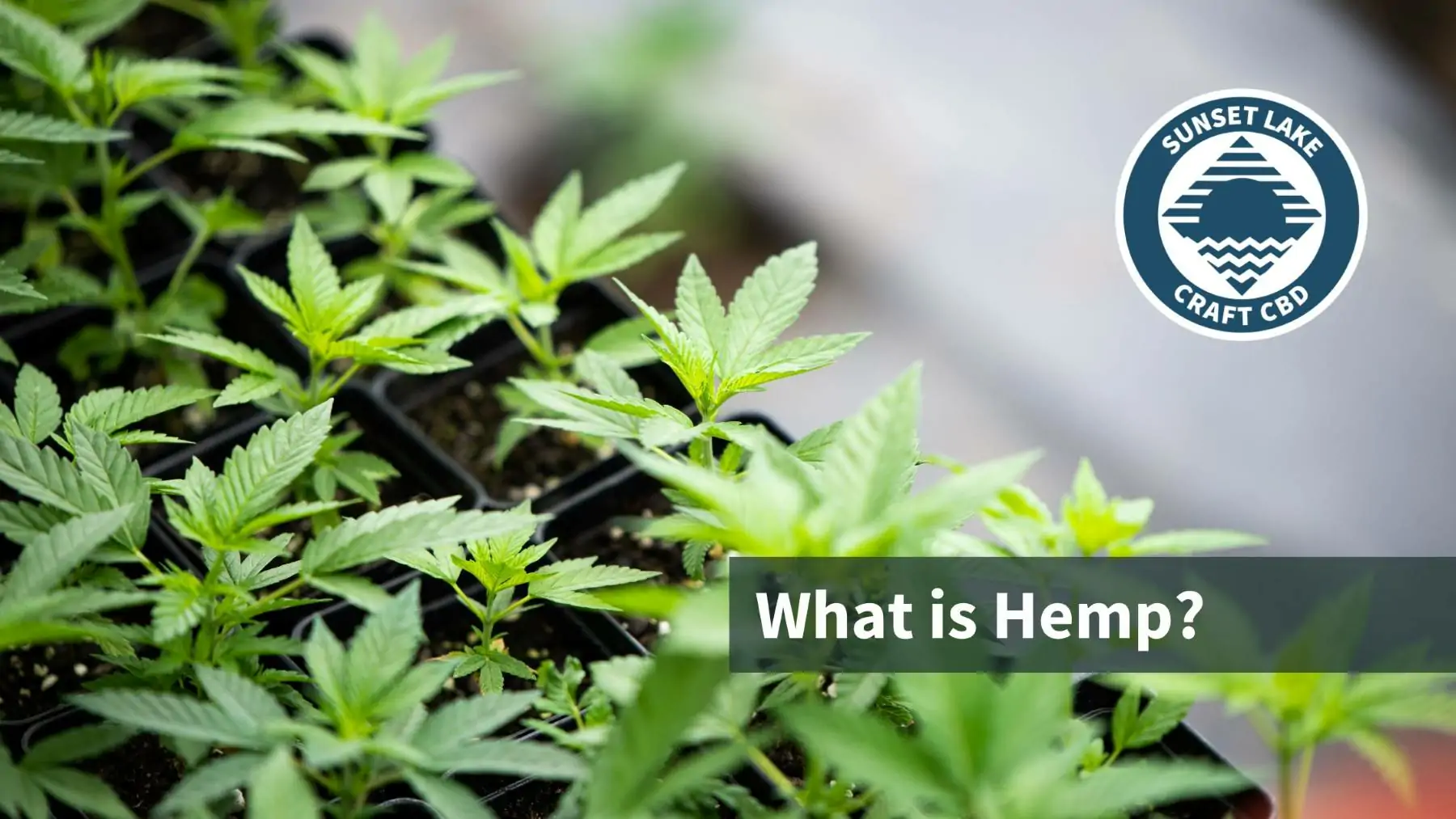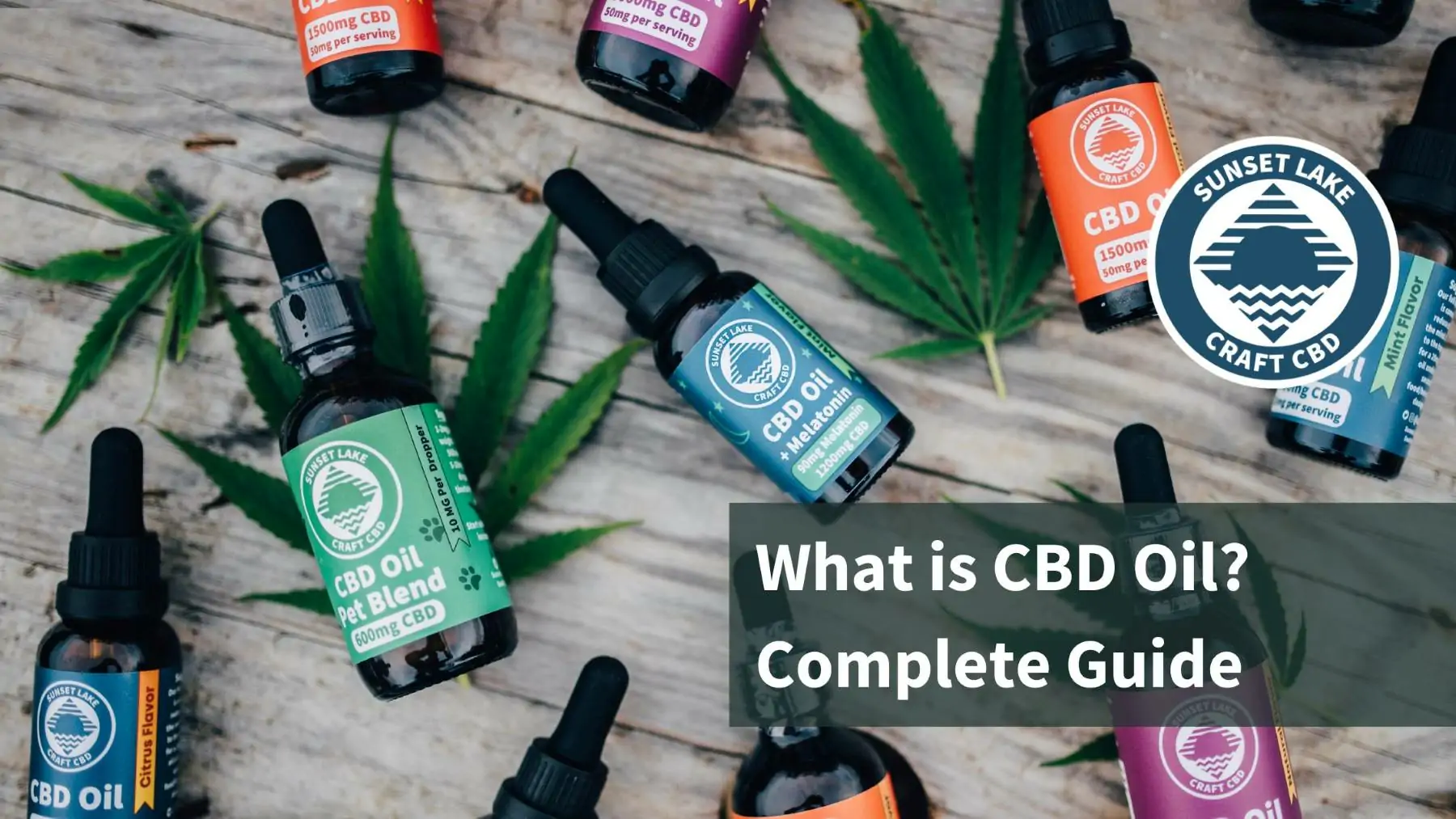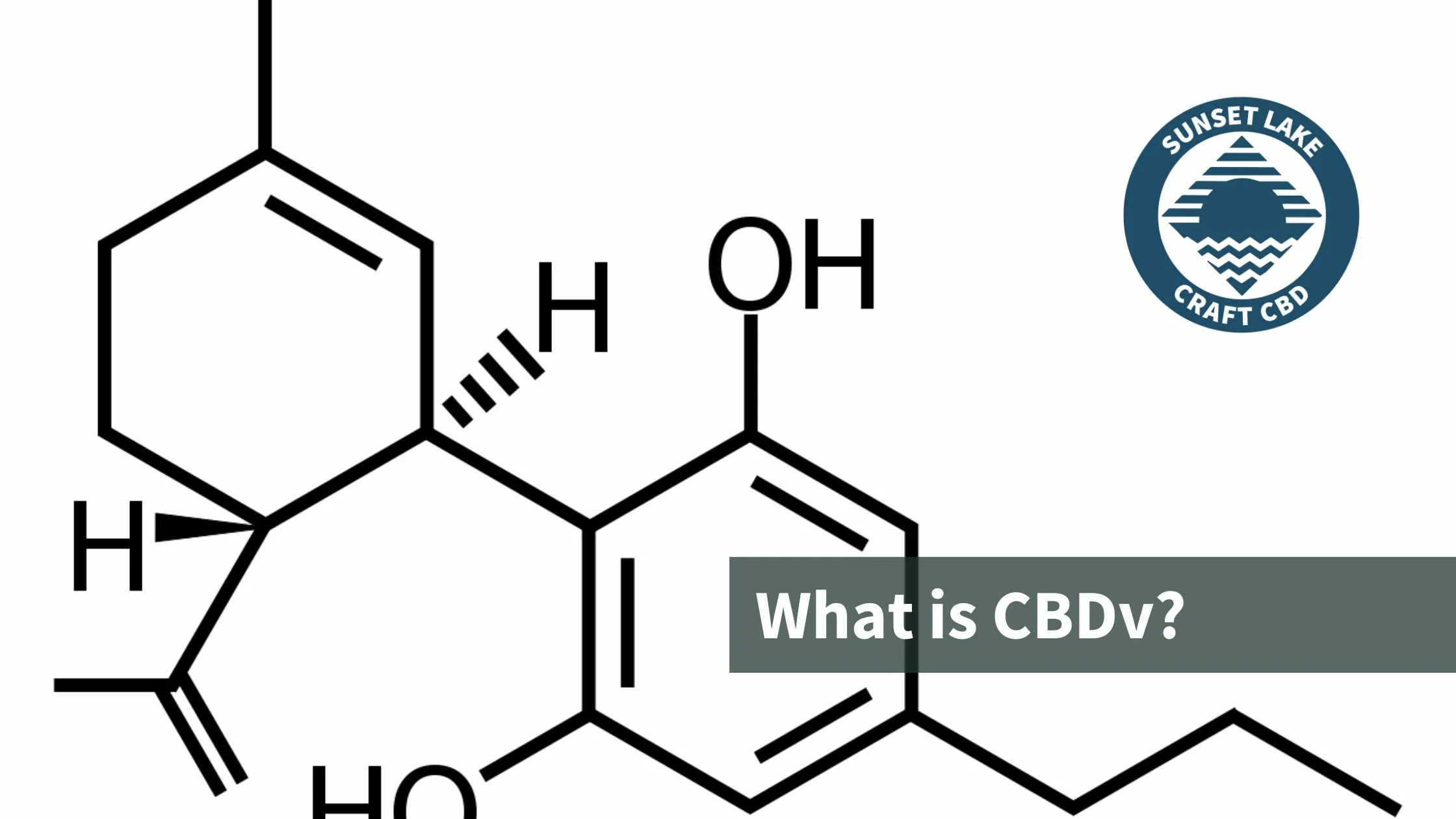There are some questions that we get at Sunset Lake CBD’s HQ that don’t quite fit in our general FAQ. One that we’ve been getting quite a lot (as our Farmer’s Roast CBD Coffee grows in popularity) is this: Does CBD counteract caffeine?
It’s a great and insightful question. After all, caffeine is the stimulant in coffee and energy drinks that help keep us awake (and a little too wired sometimes.) Doesn’t CBD make you sleepy? If so, what’s the point of CBD Coffee?
It’s hard to explain what makes our CBD coffee unique, but I will still try in the rest of this post.
Does CBD Counteract Caffeine?
How Does Caffeine Work?
If you’re like this writer, who needs at least one cup of coffee to feel normal in the morning, you should also know how and why that is. Caffeine is a stimulant of the methylxanthine class that stimulates adrenaline release and mimics the form of the neurochemical adenosine, a chemical that makes us feel drowsy in the morning and at night.1
When we consume caffeine, our body wholly and rapidly absorbs the chemical within an hour. It enters the bloodstream and our brain, where it blocks adenosine receptors, making us feel alert and awake.2 This feeling of alertness can turn sour, though, as caffeine use is generally linked with feelings of anxiety and jitteriness.
The other downside of caffeine use is the short-lived alert benefits. Because your body processes caffeine so quickly, you may feel like you need more and more coffee to stay awake and alert. The need for caffeine is where many folks turn to their second and third cups of coffee for the day.
CBD & Adenosine
CBD also interacts with adenosine, the neurochemical responsible for drowsiness. But, instead of blocking adenosine receptors like caffeine, CBD appears to prevent the re-uptake of the chemical leading to an excess of adenosine in your body.
All of those adenosine molecules need to go somewhere. Carrying an excess of adenosine in your body activates the different A-receptors around your body, leading to several other benefits. For more on those benefits, please see our CBD and Adenosine post here.

Counteraction Or Complementary?
CBD and caffeine have different effects on your body and can counteract each other, but that isn’t the whole story.
Just because CBD and caffeine play tug-of-war with the adenosine neurotransmitter doesn’t mean that they don’t provide your body with other benefits, too.
Caffeine And Adrenaline
As we mentioned earlier, caffeine also stimulates the release of adrenaline, which can send the body into an alert and focused mode, a benefit most people want from their morning cup of coffee.
Caffeine And Movement
Not only will morning caffeine get you up and out of bed, but it will also get things moving. Caffeine stimulates blood flow and can stimulate gastrointestinal movements, helping keep you regular.
CBD And Caffeine
While we can’t make any medical claims about our CBD Coffee, customers who’ve purchased it seem to vibe with it. This writer can say that he enjoys CBD Coffee for two main reasons:
- The full-spectrum CBD does a good job of counteracting the jitteriness common with coffee and other caffeinated beverages. I usually have one cup (two if I’m feeling indulgent) and am able to get to work and organize my thoughts fairly easily.
- The taste. We’ve been spoiled by our friends down at Good Luck Coffee Roasters, who use only the best beans in their coffee. It’s hard to drink anything else now. Just give it a try, and you’ll see what I mean.
Health Considerations: CBD & Caffeine
If you have any health conditions or are currently taking any medications, you’ll want to consult your doctor or your pharmacist before enhancing your morning caffeine with CBD. Only they can provide you with personalized advice based on your current situation.
Once you get the okay, feel free to experiment with CBD and caffeine. Neither affects everyone’s body the same way, as we’re all different. One piece of advice would be this: start low and slow. If you want to combine CBD’s calming benefits with caffeine’s boost, do so gradually.
Sources
- Nehlig, A et al. “Caffeine and the central nervous system: mechanisms of action, biochemical, metabolic and psychostimulant effects.” Brain research. Brain research reviews vol. 17,2 (1992): 139-70. doi:10.1016/0165-0173(92)90012-b
- Lazarus, Michael et al. “Arousal effect of caffeine depends on adenosine A2A receptors in the shell of the nucleus accumbens.” The Journal of neuroscience: the official journal of the Society for Neuroscience vol. 31,27 (2011): 10067-75. doi:10.1523/JNEUROSCI.6730-10.2011

